Putin is elected
Having been assigned as Yeltsin's successor only a couple of months ago, Putin wins his first election.
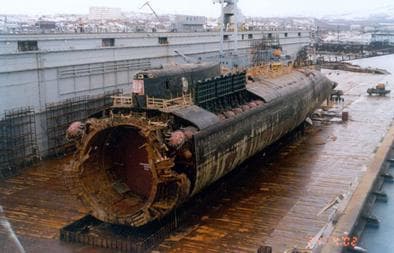
The 2000’s started with the Chechen wars and terrorist attacks all over the country.
At the same time, they say that there was no such time in Russian history with such an economical growth, especially for the middle class. Yet, the economy does not solve all problems.
The 90’s euro/american optimism has been gradually substituted with the new ideas – patriotism, allegiance to the glorious past, and the feeling of exceptionalism – we have our own, unique way.

Having been assigned as Yeltsin's successor only a couple of months ago, Putin wins his first election.

“It sank”. Told by Putin, this short comment on the death of 118 sailors became quite memorable and demonstrative even back then.
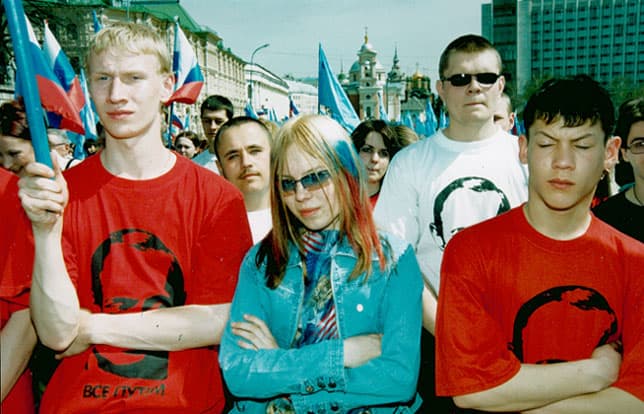
New Putin's pioneer organisation. Yet, not widespread.
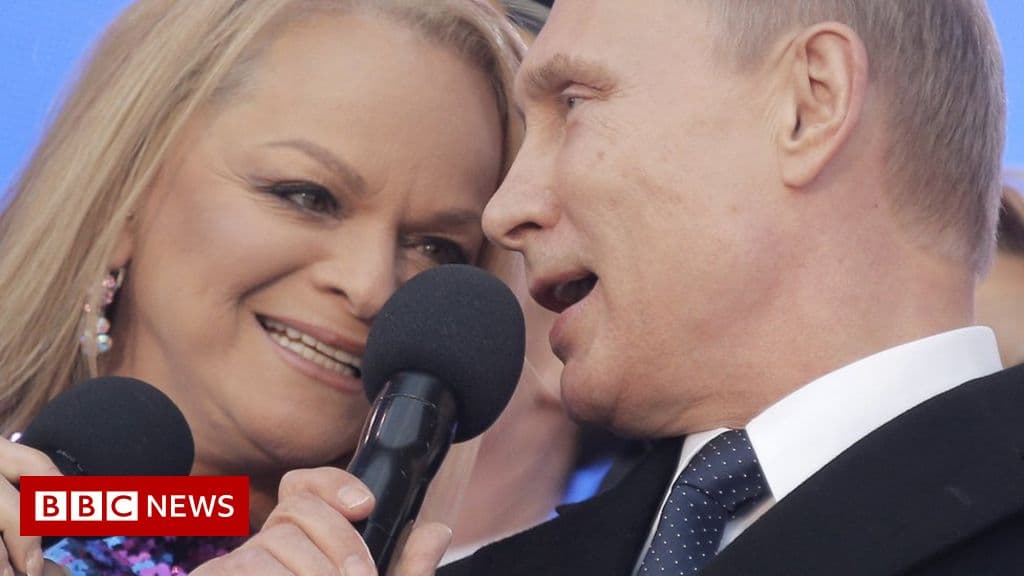
The new managment converted an independent channel into pro-government one.
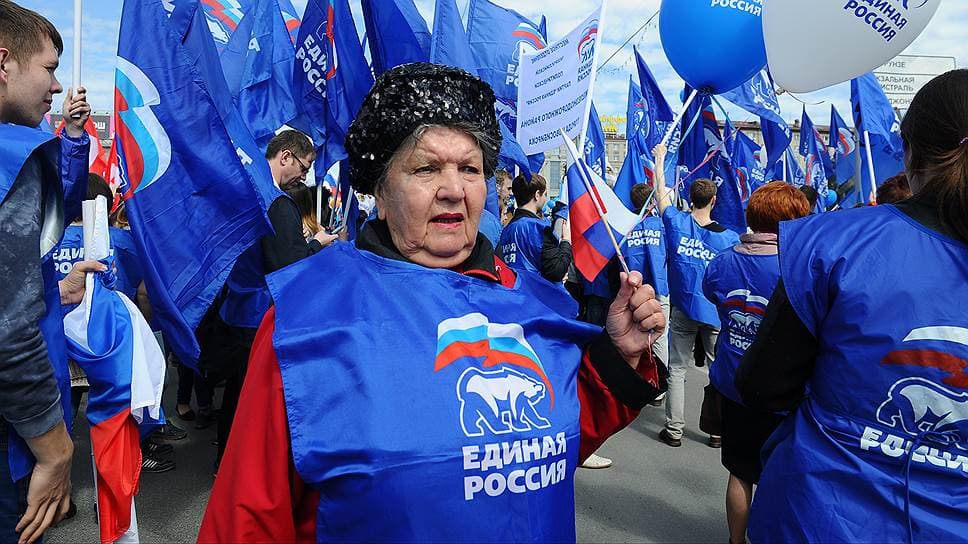
Stability, after the years of chaos, becomes its main idea and goal.
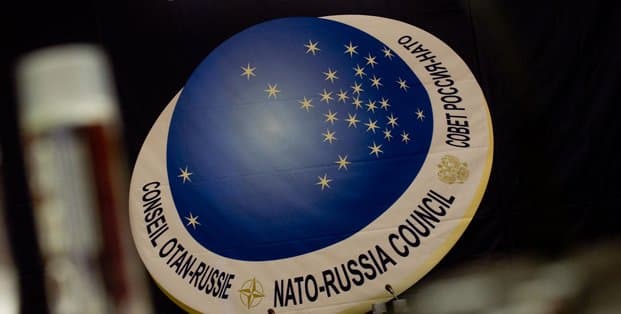
"Joint decisions and actions", military cooperation.
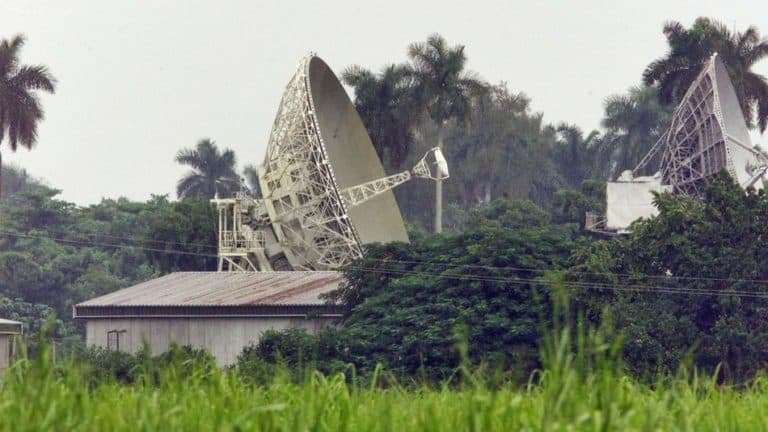
The largest Russian military base in Cuba is closed.
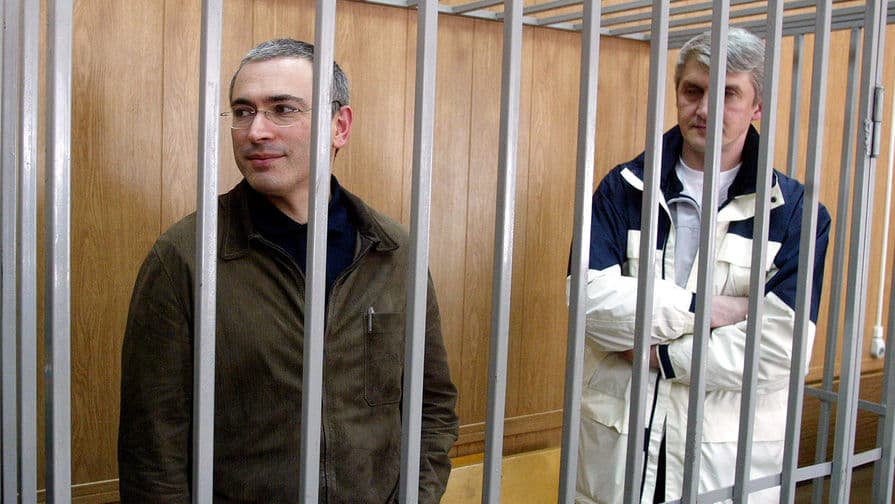
Khodorkovsky and Lebedev would end up in jail, the company would be nationalised.
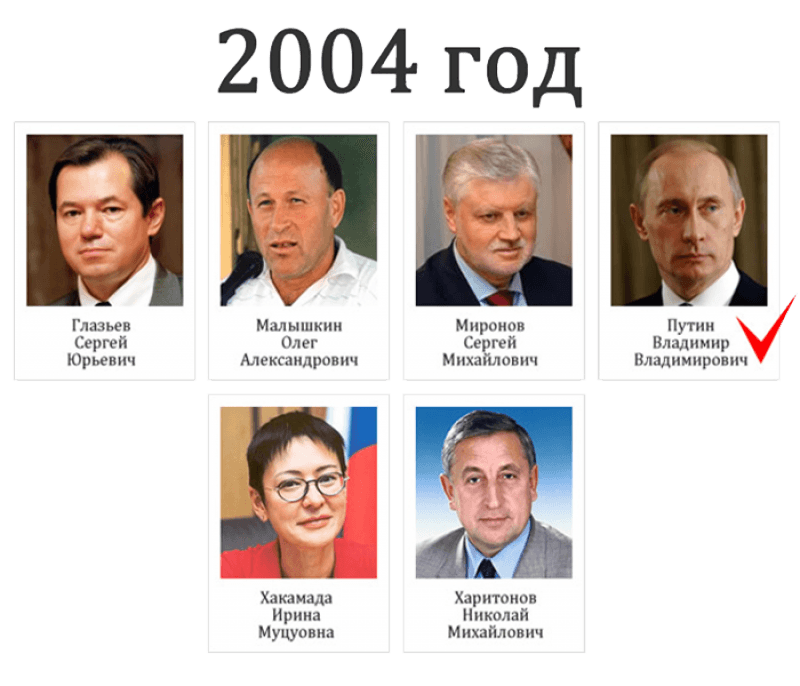
“The slide of the country into authoritarianism”, as commented by Grigory Yavlinsky.
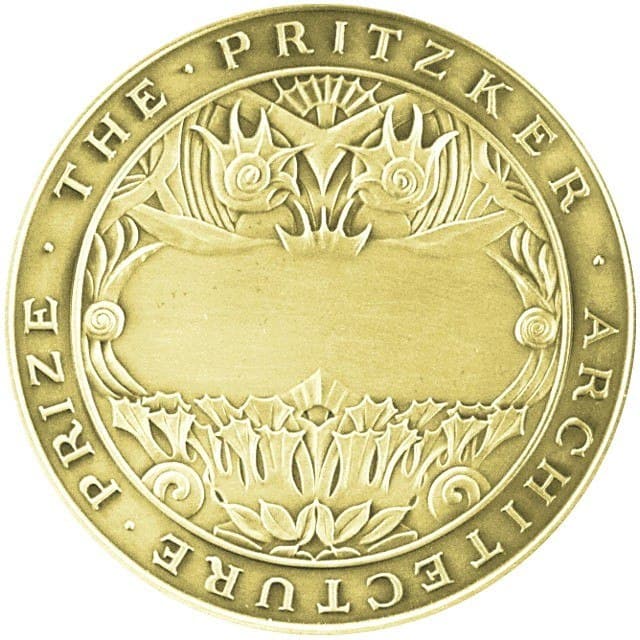
Prize is held in St Petersburg. Zaha Hadid is the laureat.
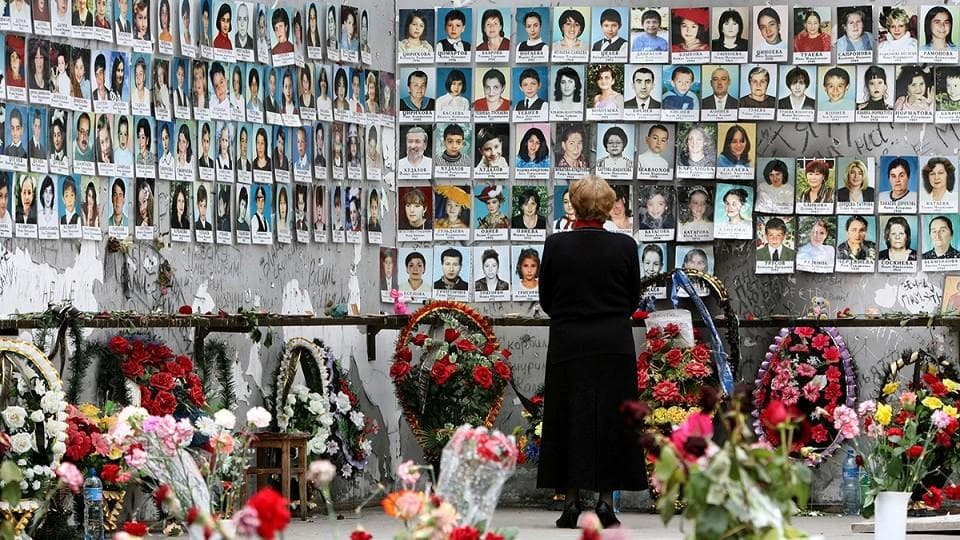
333 people, 186 of them children died. The storming by Russian forces has been highly criticised afterwards.
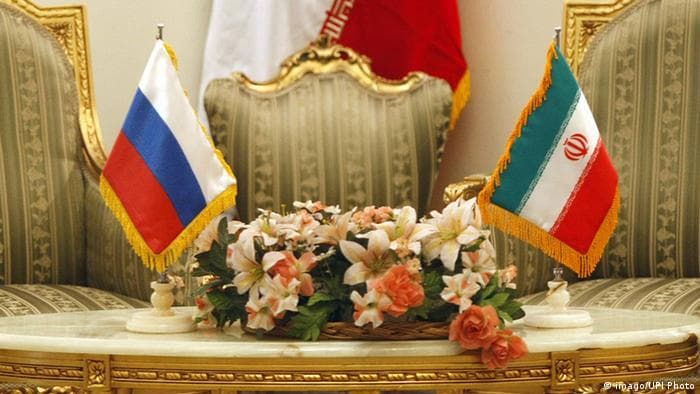
Befrending disputable regimes would soon become a habit.

He seeks no way to go for the third presidential term. Indeed.
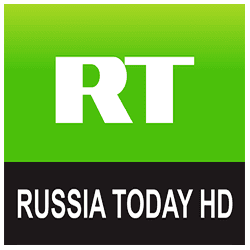
Question more, they say. Usually, they question only those who are against Putin.
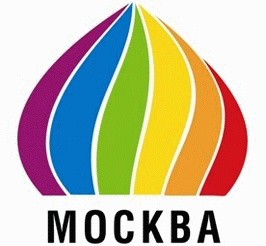
Banned by the authorities to protect those who are offended by it.
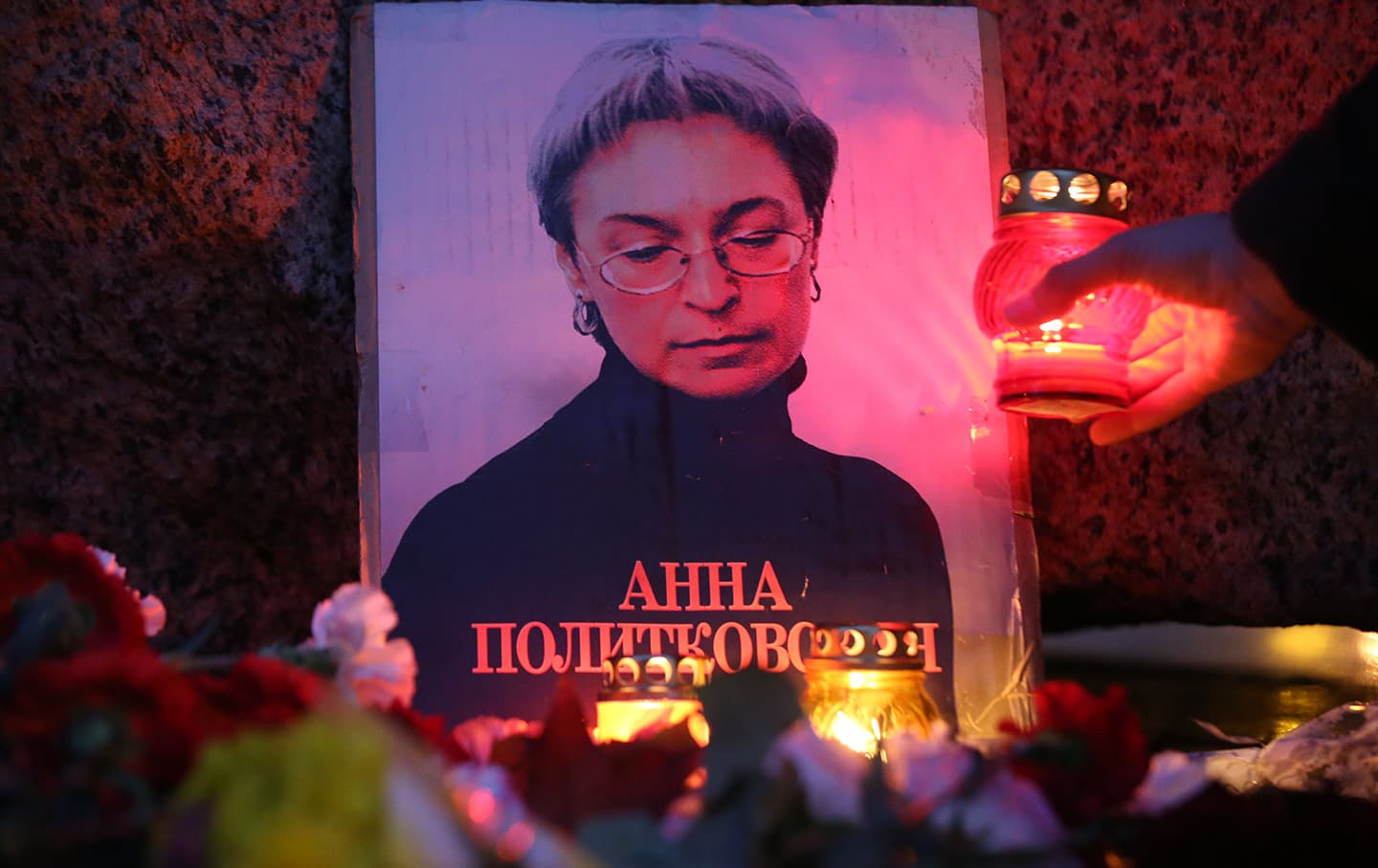
Well-recognised journalist, famous for her criticism of Russian actions in Chechnya, was shot dead.
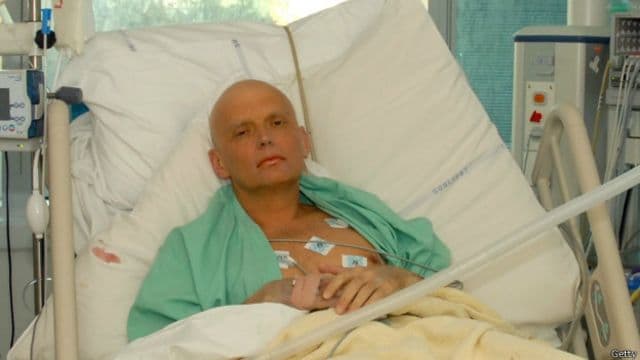
An ex FSB-officer, famous for criticising FSB and Putin, was killed.
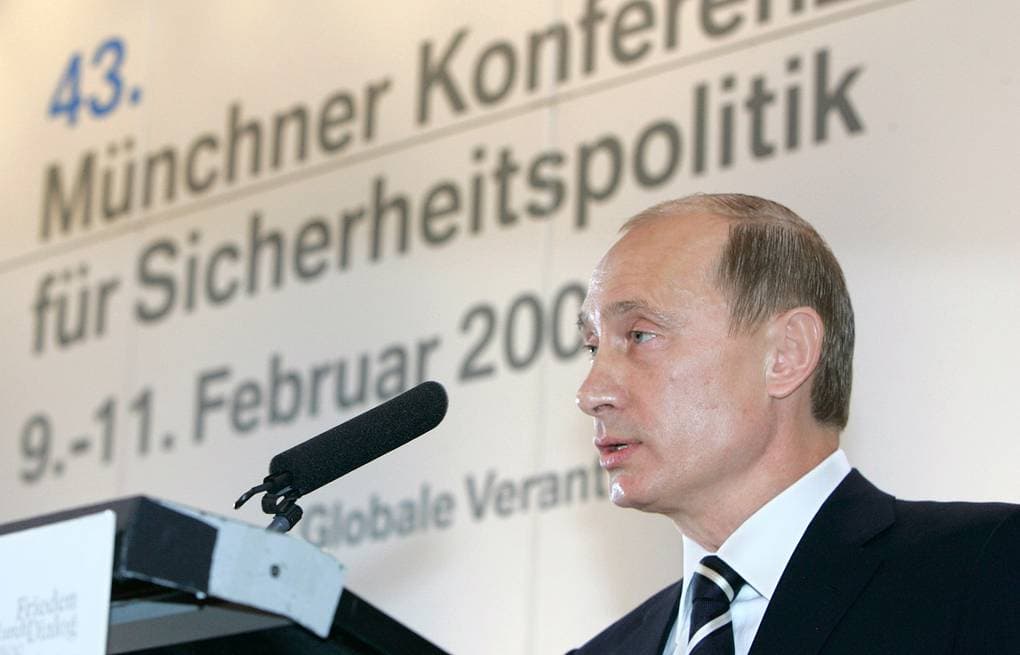
Putin turns hostile towards the US foriegn policy
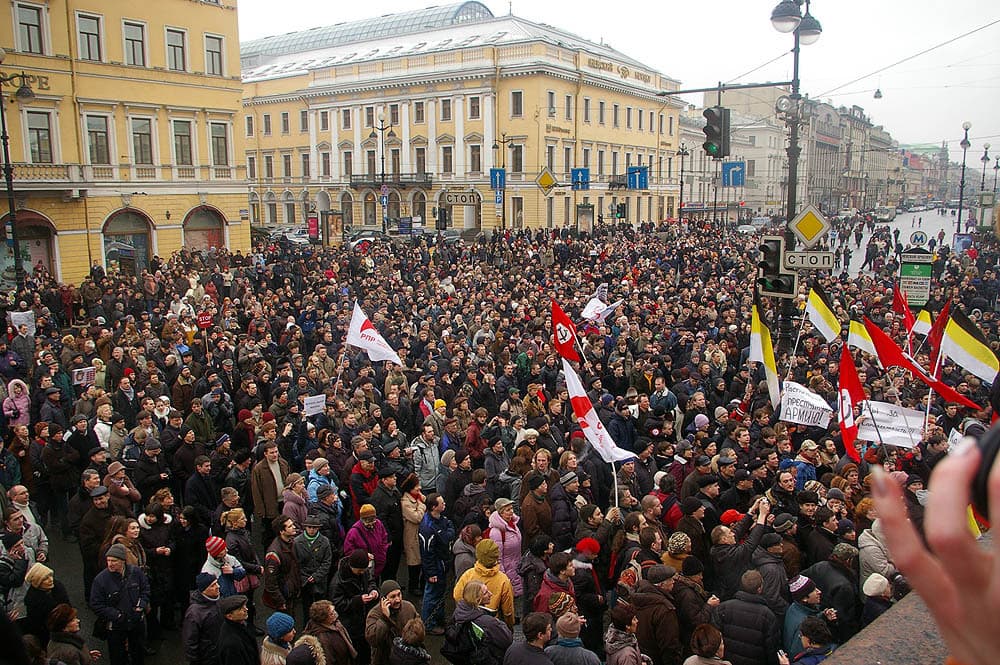
"Russia without Putin!", "Shame!", "Give the elections back!" was shouted in the streets. 113 people were detained.

Forbes magazine reports that Russia now has 60 billionaires. Only 15 years ago there was none.
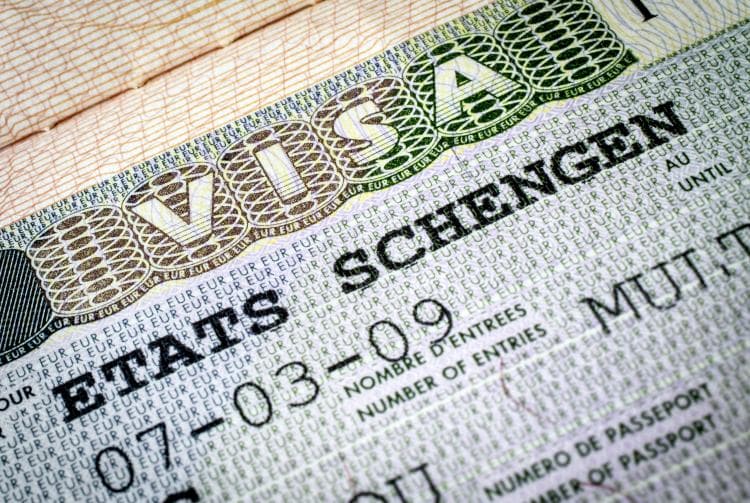
It was belived to be the first step towards Schengen.
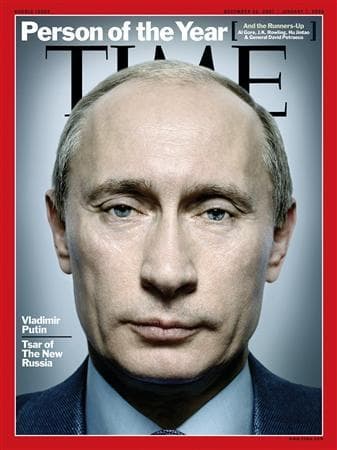
Time magazine names Putin the person of the year. “He's not a good guy, but he's done extraordinary things”.
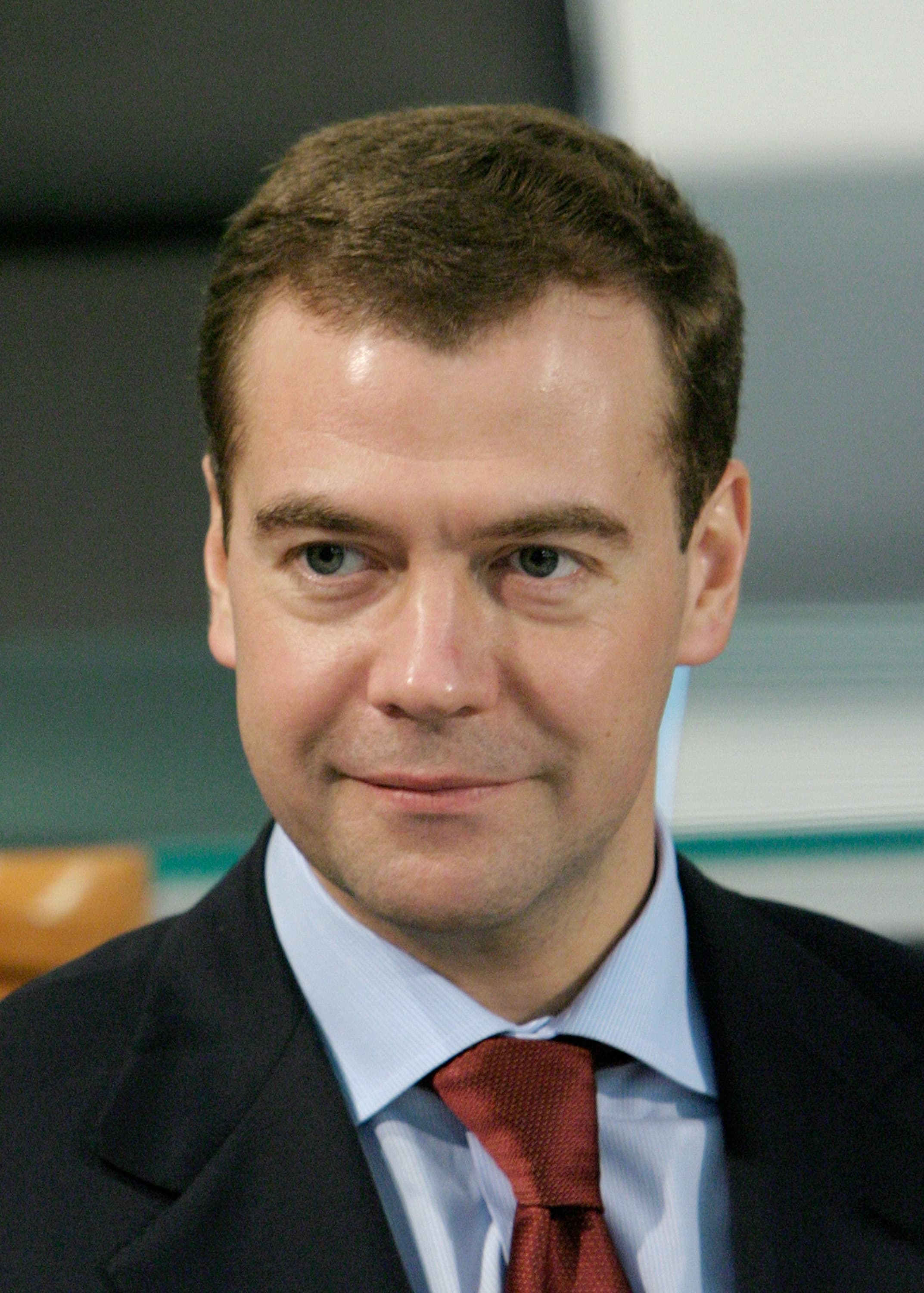
They'd call these times the Medvedev's thaw. The only one gap in Putin's presidency.
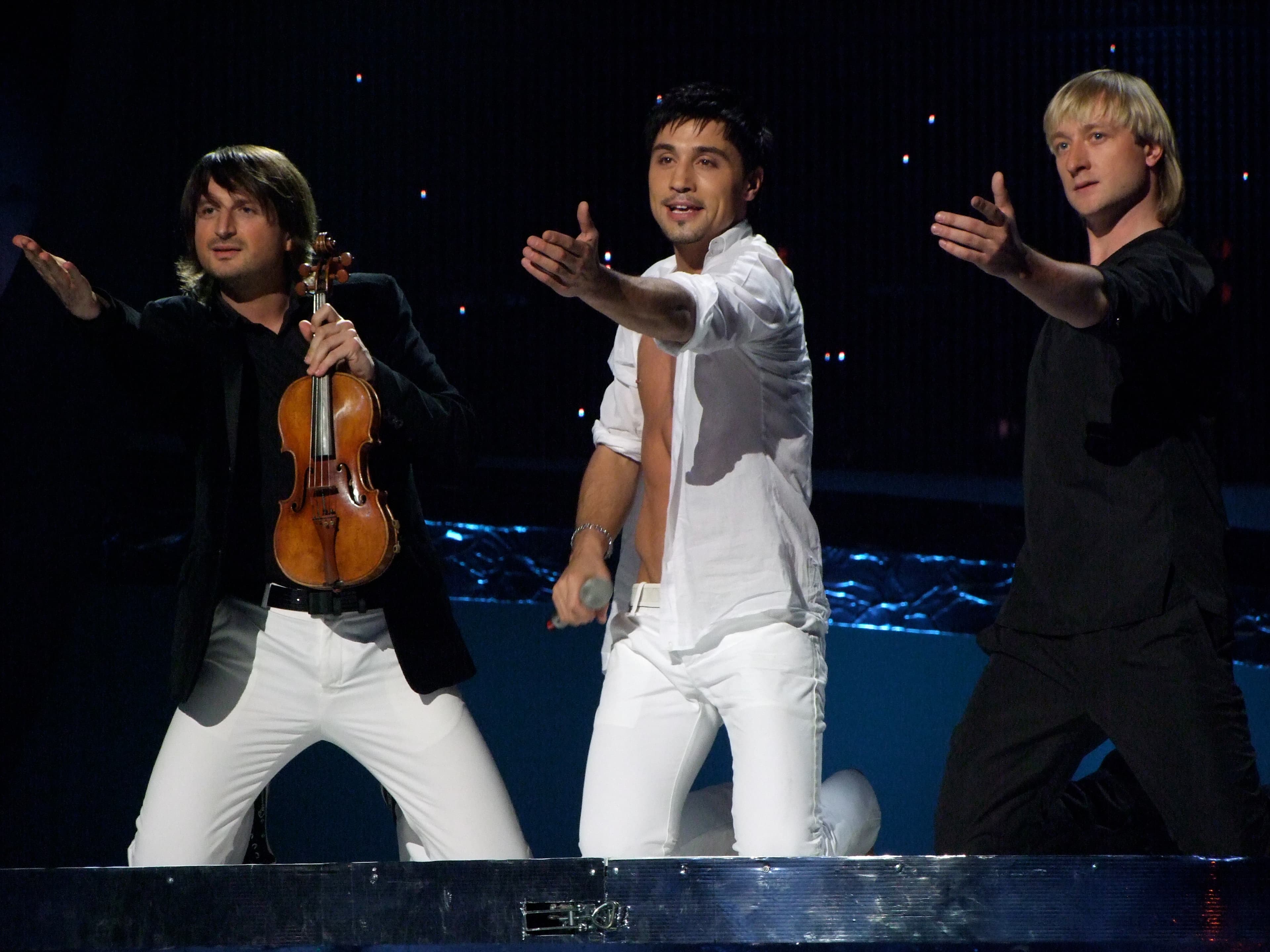
First time in history, Russia wins Eurovision with a song Believe.
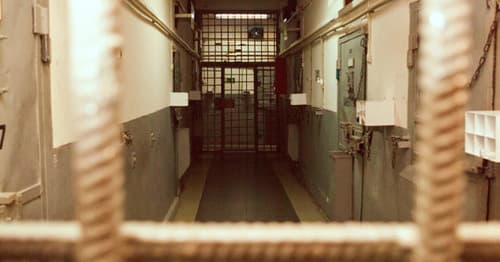
A woman was charged with High Treason for sending an SMS to Georgia describing the movements of the Russian troops.
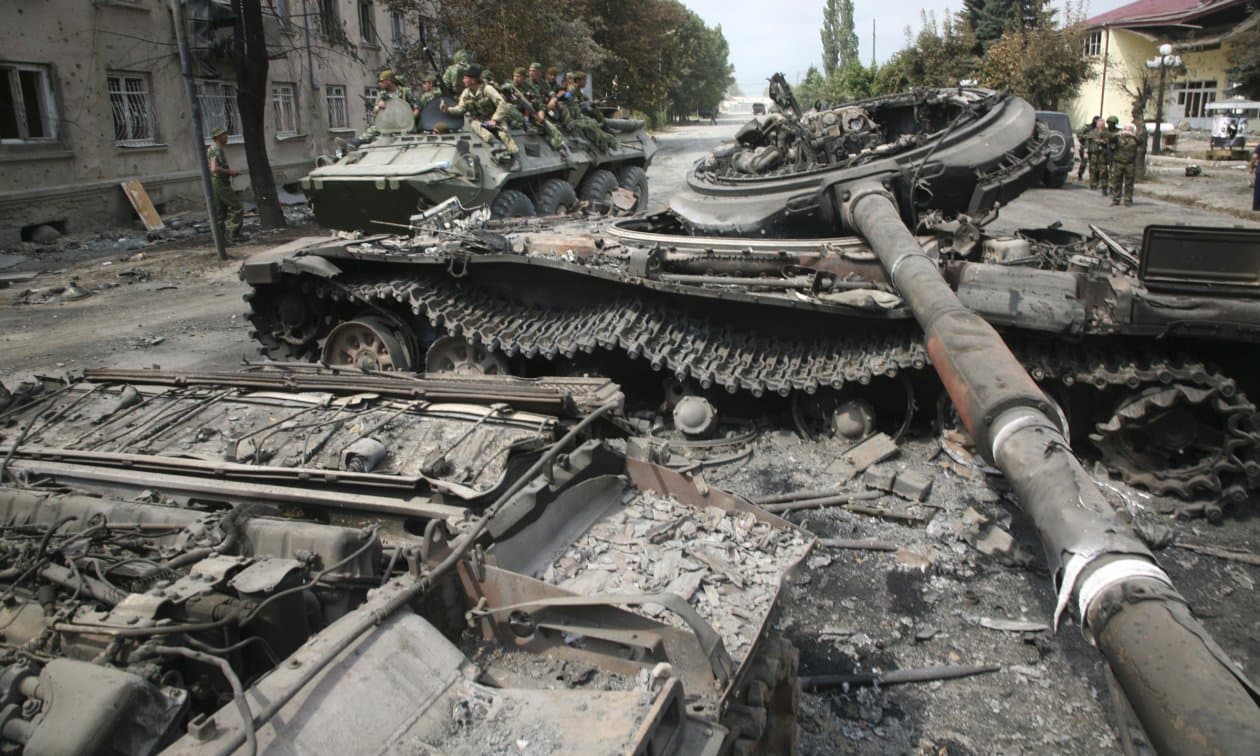
The previous years of relative prosperity along with theoretical freedom kickstarted the growth of civil society.
The long-lasting 2008’s economical crisis brought a political one – a new-born middle-class started to disagree with the political decisions, taken with no consent.
The growing protest power provoked a reaction – every step a society took would end up in new restrictions. At the same time, the aggressive international course taken in 2008, justified the Crimean annexation, nurturing people’s imperial ambitions, has aggravated the already taken course to isolation. As life shows, the most horrible things happen when nobody can see it.
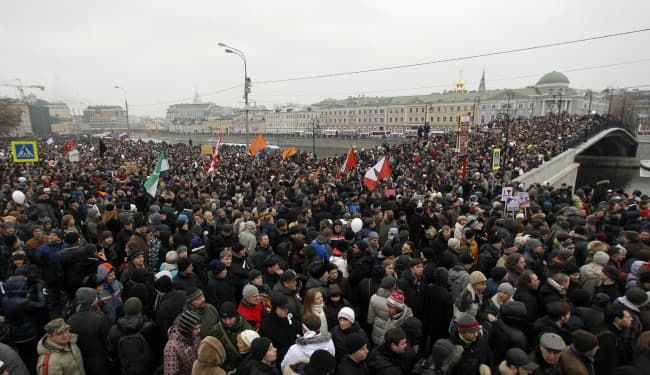
Russland hat den Krieg gegen die Ukraine angefangen. Dieser Krieg dauert schon seit 2014 an. Er hat sich seit 24. Februar 2022 nur noch verschärft. Millionen von Ukrainern leiden. Die Schuldigen müssen für ihre Verbrechen zur Rechenschaft gezogen werden.
Das russische Regime versucht, die liberalen Stimmen zum Schweigen zu bringen. Es gibt russische Menschen, die gegen den Krieg sind - und das russische Regime versucht alles, um sie zum Schweigen zu bringen. Wir wollen das verhindern und ihren Stimmen Gehör verschaffen.
**Die russischen liberalen Initiativen sind für die europäische Öffentlichkeit bisweilen schwer zu verstehen. Der rechtliche, soziale und historische Kontext in Russland ist nicht immer klar. Wir wollen Informationen austauschen, Brücken bauen und das liberale Russland mit dem Westen verbinden.
Wir glauben an den Dialog, nicht an die Isolation. Die oppositionellen Kräfte in Russland werden ohne die Unterstützung der demokratischen Welt nichts verändern können. Wir glauben auch, dass der Dialog in beide Richtungen gehen sollte.
Die Wahl liegt bei Ihnen. Wir verstehen die Wut über die Verbrechen Russlands. Es liegt an Ihnen, ob Sie auf das russische Volk hören wollen, das sich dagegen wehrt.